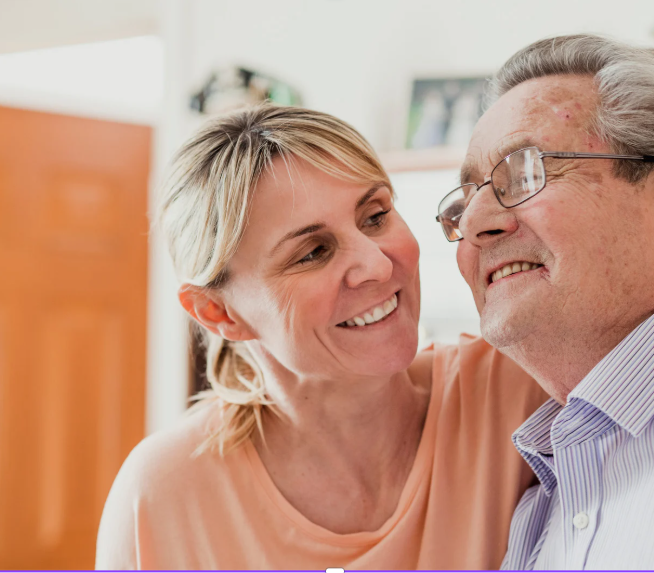Supporting Someone Through Cancer: Essential Nutrition Education for Carers
May 25, 2025When someone you love is diagnosed with cancer, your role quickly expands beyond emotional support. You may find yourself researching diets, planning specialised meals, and managing side effects - all without formal training or guidance. It’s no wonder many carers feel overwhelmed! We see you.

The Hidden Burden of Nutrition on Carers
Carers often juggle multiple responsibilities: medical appointments, medication schedules, household tasks, extra caring responsibilities for other family members- and suddenly, they’re expected to become nutrition experts too. Here are some of the most common pressures:
- Conflicting Information
The internet offers an overwhelming mix of advice: sugar-free, keto, vegan, fasting. Sorting fact from fiction can feel like a full-time job.
- Fear of Doing Harm
You want every meal to support recovery, but may worry that certain foods could worsen side effects or even feed the cancer. This fear can be overwhelming!
- Treatment Side Effects
Nausea, fatigue, altered taste, low mood, and digestive issues often make mealtimes unpredictable. When your loved one refuses food or develops intolerances, it’s easy to feel disheartened.
- Meal Planning Fatigue
Adapting meals to changing needs takes time, energy, and creativity - resources that are often already stretched.
- Neglecting Your Own Needs
We hear this all the time! Skipping meals or surviving on quick, processed food can leave you nutritionally depleted, affecting your own health and resilience.
- Emotional Strain
Balancing emotional support with practical tasks like food preparation can contribute to anxiety, guilt, and burnout.
The Risks of Poor Nutrition
For People with Cancer:
- Slower wound healing and increased risk of infection
- Weakened immune system
- Increased fatigue and muscle loss
- More intense treatment side effects
- Increased risk of recurrence in the longer term
For Carers:
- Physical and emotional exhaustion
- Nutritional deficiencies that affect concentration and energy
- Higher risk of anxiety, depression, and illness
- Burnout that can affect relationships and care quality
Why Structured Nutrition Education Matters
Rather than relying on guesswork, structured education gives carers clarity and confidence. It provides:
- A practical understanding of which nutrients support healing
- Tools to manage symptoms like nausea and appetite loss
- Flexible meal planning skills to match changing treatment demands
- The ability to separate myths from evidence-based advice
- Strategies to maintain your own wellbeing
- A sense of connection with others facing similar challenges

How the NutraThrive Collective Signature Program Supports Carers
Developed by healthcare professionals and cancer survivors, the NutraThrive Collective Signature Program offers trusted, evidence-based guidance. Carers gain access to:
- Self-Paced Online Modules covering:
- Post-treatment nutrition essentials
- Food strategies to ease treatment side effects
- Key nutrients for recovery (protein, fibre, vitamins, minerals)
- Debunking dietary myths
- Supporting long-term health and reducing recurrence risk
- Monthly Group Coaching Calls
Live Q&A and practical tips from dietitians and cancer survivors. - Optional Private Community
A safe space to exchange ideas, recipes, and emotional support. - Lifetime Access
Revisit resources as needs evolve over time.
Taking the Next Step
Caring for someone with cancer is a deeply meaningful, but often demanding journey. By accessing specialised nutrition education, you can reduce uncertainty, avoid costly mistakes, and bring greater ease to everyday life.
To learn more, visit www.thenutrathrivecollective.com and explore how the Signature Program can support you and the person you care for.
Your health and wellbeing matters too! With the right tools, you can feel more confident and prepared to support your loved one through cancer.


